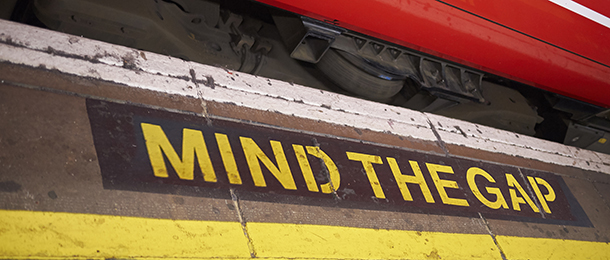The lack of alignment between changes to the work test for voluntary concessional contributions and superannuation preservation age has created a gap where those in the first stages of retirement may be able to make super recontributions unavailable to them before age 65.
Heffron managing director Meg Heffron said if bring-forward contribution rule changes currently before parliament are introduced, and backdated to 1 July 2020 to be in line with the work test changes, retirees aged 65 and 66 will be able to withdraw super under existing preservation rules and recontribute it without restrictions.
Speaking as part of the recent SMSF Association Technical Day 2020, Heffron pointed out the preservation age has remained at 65 even for those in some form of employment.
“Age 65 has always been a golden day for preservation rules, because even someone working full-time can access their superannuation at that point and a transition-to-retirement income stream automatically becomes a retirement-phase pension at that point too,” she said.
“Given we had no change to preservation rules, but change to contribution rules, essentially people who are 65 and 66 are in a weird position where they can take money out and also put it back in without worrying about retirement or working.
“If the changes align, we will be in a funny spot where anyone aged 65 or 66 could be thinking about a recontribution strategy.”
She pointed out this gap was dependent on the bring-forward contribution rules being introduced and backdated, which would create the two-year period in which retirees could start a bring-forward contribution and not have to meet a work test.
“As the law stands, the last time when you can initiate a bring-forward contribution is the end of year in which someone turns 65. The work test is now up to 67, but the last point in time to trigger that bring forward is the end of that financial year.
“After that point in time you can still finish off the contribution, so someone can put in more than $100,000 in the year they turn 66 because they triggered the bring forward in the previous year and are currently finishing it off.
“However, if the work test and bring-forward rules align, it will be from the 67th birthday that people have to meet the work test, but they can still start a bring forward until end of that financial year and finish off in the subsequent two years.”




